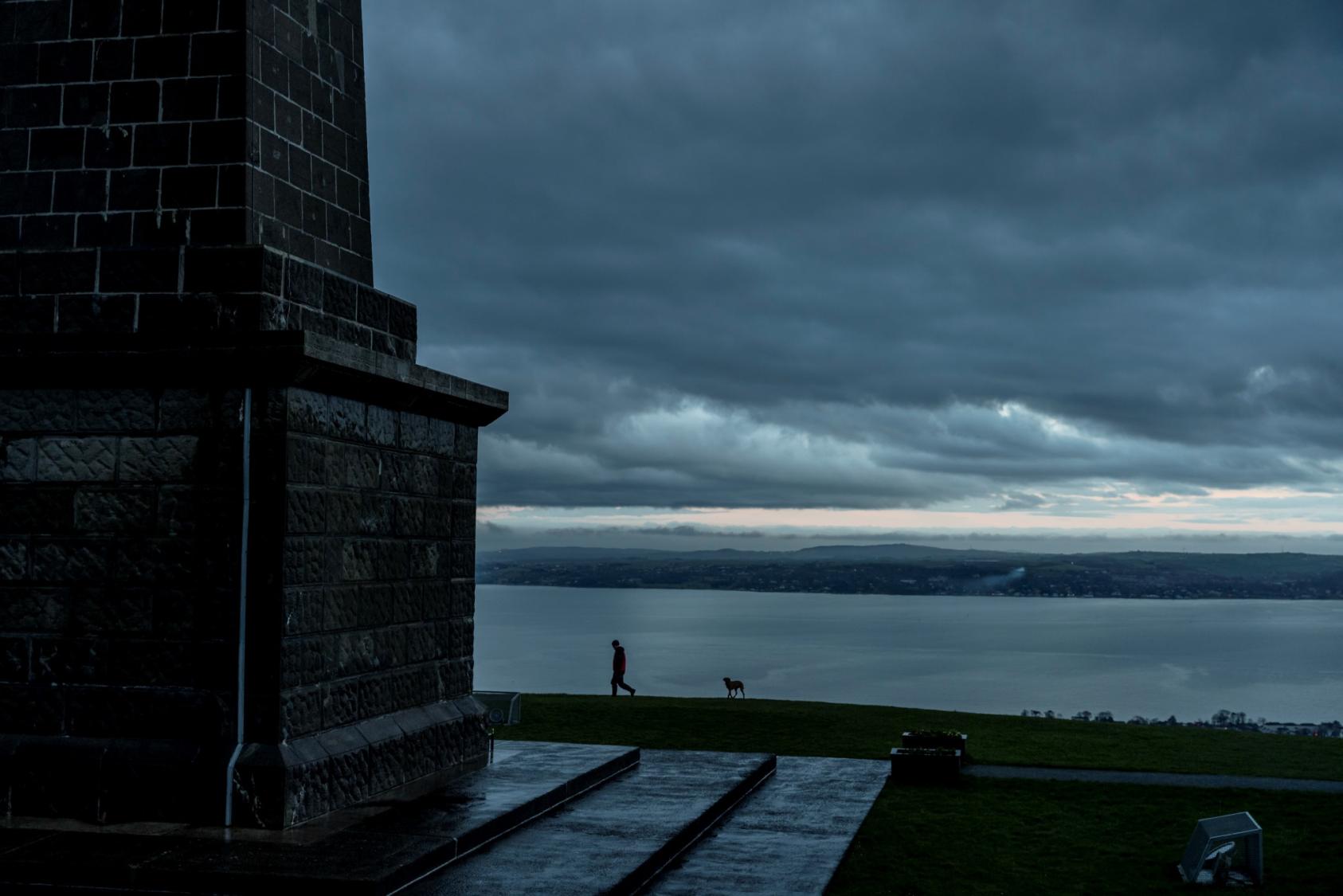Northern Ireland: Looking Back, Looking Ahead
Lessons Learned from Strand 2 Implementation Bodies
Last year, the world celebrated the 25th anniversary of the Good Friday agreement that ended prolonged violence and ushered in a new era of peace and prosperity in Northern Ireland. This year, we honor a crucial element that continues to uphold the vision of peace envisioned by the Good Friday Agreement: Strand 2 implementation bodies. These institutions, created to ensure cooperation between Northern Ireland and Ireland, have been instrumental in supporting peace by addressing shared challenges in areas like food safety, tourism and environmental protection.

Join USIP and the U.S. State Department as we host officials and chief executives from these Strand 2 bodies for a conversation that will reflect on their achievements, ongoing challenges, the U.S. role in supporting the Good Friday Agreement, and how lessons from these bodies can be applied to other post-conflict zones across the world.
Speakers
Ambassador William Taylor, introductory remarks
Vice President, Russia and Europe Center, U.S. Institute of Peace
James O’Brien, opening remarks (tentative)
Assistant Secretary, Bureau of European and Eurasian Affairs, U.S. Department of State
Senator George Mitchell, welcoming remarks (pre-recorded)
Former U.S. Senator and Special Envoy for Northern Ireland
Panel 1: Northern Ireland, Looking Back, Looking Ahead
- Sharon Hudson-Dean, moderator
Deputy Assistant Secretary, Bureau of European and Eurasian Affairs, U.S. Department of State - Joe Kennedy III
U.S. Special Envoy to Northern Ireland for Economic Affairs, U.S. Department of State - Fionnuala Quinlan
Deputy Head of Mission, Embassy of Ireland
Panel 2: Lessons Learned for the Strand 2 Implementation Bodies
- Anthony Soares, moderator
Director, Centre for Cross Border Studies - Gina McIntyre
Chief Executive Officer, Special EU Programme Body - John McDonagh
Chief Executive Officer, Waterways Ireland - Sharon McMahon
Chief Executive Officer, Loughs Agency - Professor Duncan Morrow
Director of Community Engagement, Ulster University - Sharon Hudson-Dean, closing remarks
Deputy Assistant Secretary, Bureau of European and Eurasian Affairs, U.S. Department of State



